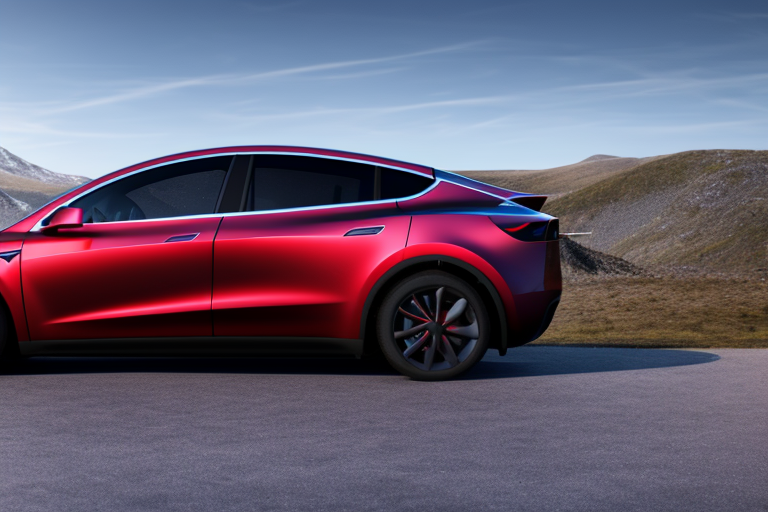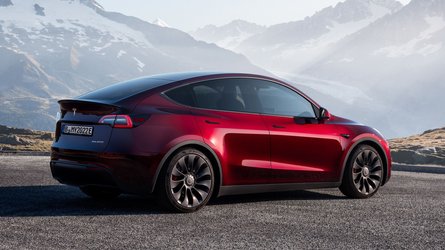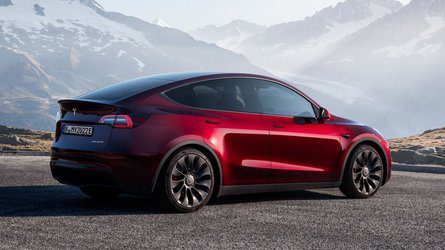The Norwegian passenger car market saw a 19.3 percent year-over-year increase in March, with 19,366 units registered. Despite this growth, the total number of registrations in the first quarter was still 11 percent lower than the same period last year, at 28,665. The most encouraging news is that plug-in electric cars finally noted some growth after two months of decline, with 17,648 new registrations (up 18 percent year-over-year). This accounts for 91.1 percent of the total volume, with all-electric cars making up 86.8 percent of the market share. Plug-in hybrids, however, have seen a downward trend for the 15th consecutive month.
So far this year, more than 25,000 new passenger plug-in electric cars have been registered in Norway, 12 less than in 2021. All-electric cars make up 84.5 percent of the market share, while plug-in hybrids account for 5.4 percent. In comparison, 153,000 new plug-in electric cars were registered in Norway in 12 months of 2022 (up 0.8 percent year-over-year).
The Tesla Model Y was the most registered car in March (regardless of powertrain), with 7,442 units (38.4 percent of the total market). This impressive result has made the Model Y the top car year-to-date with 8,714 units (30.4 percent share). The Toyota bZ4X and Volvo XC40 Recharge followed closely behind with 1,076 and 933 units respectively, ahead of the Volkswagen ID.4 (675) and Volkswagen ID.3 (603). The top five for the year remain unchanged from March, with the Toyota bZ4X ahead of the Volkswagen ID.4, making us curious about the future results in 2023.
FAQ
Q1: Are electric car batteries recyclable?
A1: Yes, electric car batteries are recyclable.
Q2: Are electric car chargers free?
A2: It depends on the charger and the location. Some electric car chargers are free, while others may require a fee.
Q3: Can electric car batteries be rebuilt?
A3: Yes, electric car batteries can be rebuilt with the right tools and knowledge.












